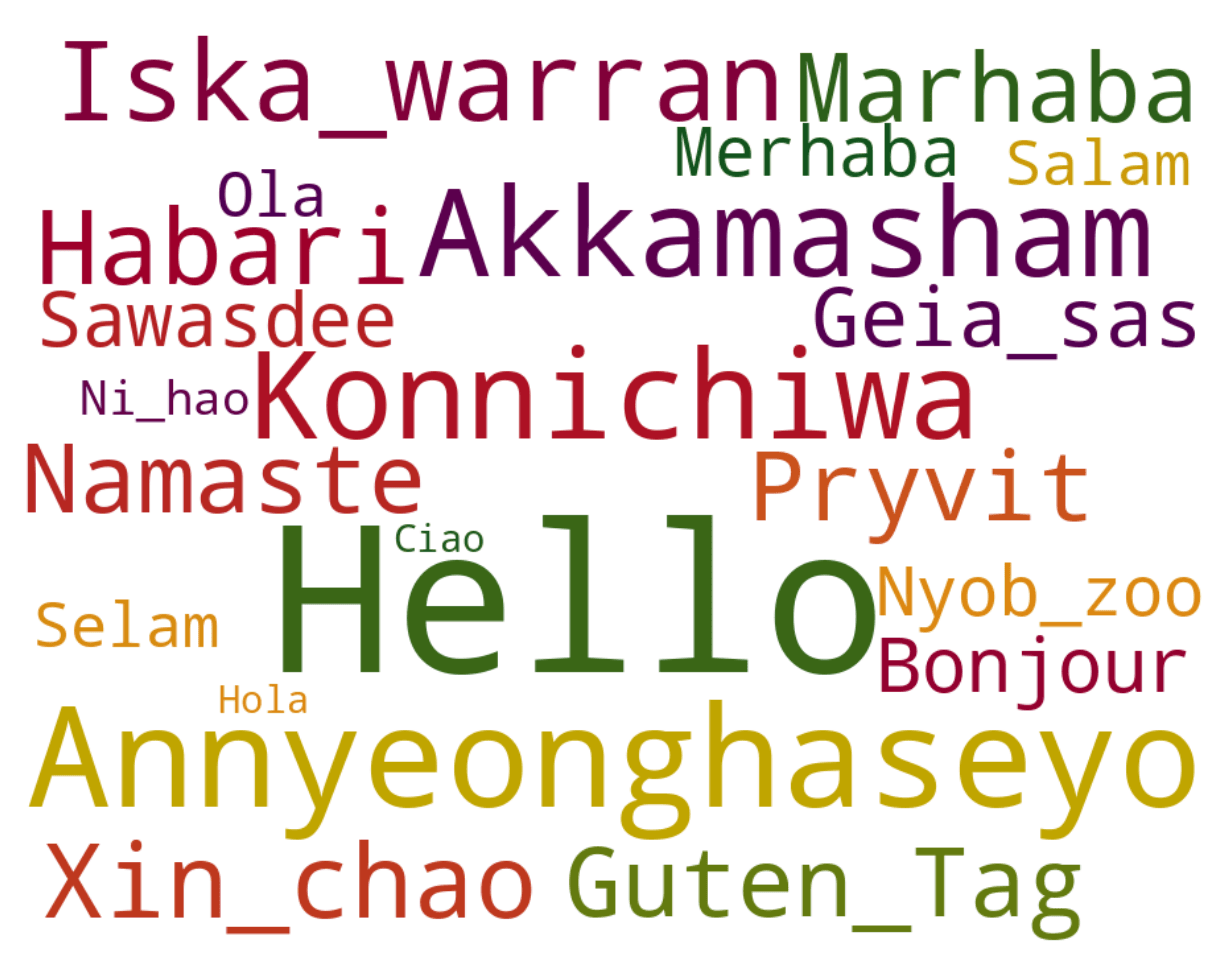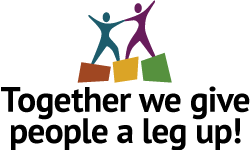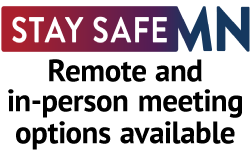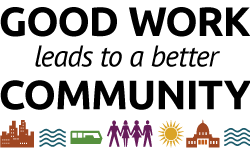
Picture it. Your flight is canceled, and you’re rerouted to a completely different location than your original destination. There are no signs of the English language anywhere. A million questions run through your head. Will anyone speak English? Will I be able to communicate? Most importantly, "Where is the closest restroom?" We often hear people say, “This is America, speak English.” I think back to my ancestors who from Germany, Ireland, the Netherlands, and Switzerland. Did they speak English when they first arrived? Probably not.
Nonverbal Communication and Why It Matters
Every day, as we move through the world, it’s customary to greet others. It might be a brief head nod in a casual setting, quick eye contact with a stranger at Target, or a warm smile for the receptionist at the doctor’s office.
Nonverbal communication is a simple way to acknowledge those around us, often expressing what words don’t. A glance, a nod, a smile, these small gestures can convey recognition, kindness, and connection. Facial expressions, after all, often say more than words ever could.
Interpreting 101
To effectively communicate and serve our diverse community of job seekers, Daily Work uses a variety of fee-based and volunteer interpreter services so we communicate effectively with each other. Sometimes, we see an immediate wave of relief wash over a participant’s face when they can speak in their native language, a visible release of tension that helps them feel at ease and able to communicate more openly.
Working with interpreters is not without challenges though, including background noise, dropped calls, and even the occasional surprise. One memorable moment was when the job seeker opened a translation app on her phone during the appointment and typed, “It sounds like he’s in the shower.” We quickly switched to Google Translate and carried on, laughing together despite the language barrier.
Building Trust, One Fist Bump at a Time
When I first started my generalist field placement at Daily Work for my Master’s in Social Work program, I was skeptical about well how an over-the-phone interpreting service could really work. Thankfully, most of the time, it works pretty well. We’re lucky to partner with people near and far who want to make a difference in the lives of others.
At other times, the trust we build with job seekers becomes the foundation for something even more powerful. I think of a wonderful job seeker from Afghanistan who came straight from English class to our weekly appointments—rain or shine. When I offered to call an interpreter, he shook his head and said, “This is a time for me to practice my English in a safe place.”
He was right. At its core, this work is about building relationships rooted in respect and mutual understanding, finding ways to connect, whether through an interpreter, an app, or simple nonverbal cues.
My favorite part of our meetings was our fist bump greeting and goodbye. Was our communication perfect? Absolutely not. But did we figure it out, while respecting each other’s humanity? Absolutely.
Just Say Hello
Here’s one final thought to consider: what if, the next time you meet someone whose first language isn’t English, you asked, “Will you teach me how to say ‘hello’ in your home language?”
Nelson Mandela said it best: “If you talk to a man in a language he understands, that goes to his head. If you talk to him in his own language, that goes to his heart.”
A single word, spoken in someone’s own language, can bridge distance, spark connection, and open the door to understanding.
Image generated by ChatGPT for Daily Work
Maria DeGroodt is a Master’s in Social Work candidate at Saint Mary’s University of Minnesota and a full-time Early Head Start home visitor. Passionate about strengthening families and building community, she served as a Case Management Intern at Daily Work from January - August 2025, where she supported job seekers one-to-one and helped create a welcoming space for people to work toward meaningful employment.











